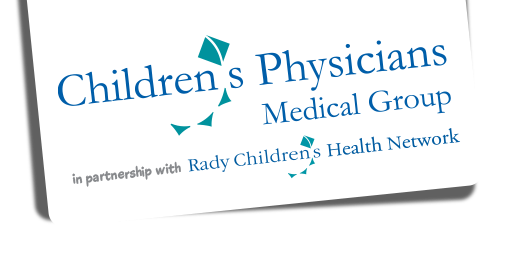by Dr. Gina Rosenfeld
https://www.youtube.com/watch?v=QAfk8rPPrks
General Information on Energy Drinks:
Energy drinks are beverages with high amounts of caffeine combined with other ingredients, that claim to give additional energy or “a boost”. The energy drinks sold and consumed in the United States are unregulated and often targeted at teenagers and young adults. Frequently, they contain very high amounts of caffeine; up to five or six times the amount of caffeine found in a cup of coffee. While a single serving might not have dangerous levels of caffeine; many energy drinks actually contain two to three servings per can. In addition, other supplements may be included in these drinks, which in combination can lower a person’s threshold and leave them more susceptible to heart and neurologic consequences. Not only do energy drinks have no therapeutic benefit, but they contain some unstudied and unregulated ingredients. These factors can contribute to acute health problems, nausea and diarrhea, a jittery feeling, palpitations, cardiac arrythmias and neurologic symptoms. Many feel that these products should be regulated at the same level as tobacco, alcohol and prescription medicines.
Rest Substitute:
Many teens will consume an energy drink (or two) in the morning as a way to get ready for school. Still others will consume the drinks at night to help stay up for studying. These drinks should not be used as a substitute for rest. Children and the adults responsible for them, should ensure that adequate sleep and rest is observed.
Dangers:
Reports have shown that children, adolescents and young adults who are on certain medications or have existing health issues such as:
- Seizures
- Diabetes
- Cardiac abnormalities
- Mood and/or behavioral disorder can experience serious adverse effects from these drinks.
Additionally, the following are risks for all children and adults when consuming energy drinks. These factors apply to to healthy individuals as well, not just children with known or pre-existing medical conditions:
- Seizures
- Overdose potential
- Increased heart rate
- Blood pressure problems
- Arrythmias
Some Statistics:
- In 2007, there were 5448 caffeine overdoses reported in the US. Of these, 46% occurred in children aged 18 or younger.
- Several countries and states have debated or restricted their sales and advertising.
- Energy drinks are the fastest growing US beverage market.
- Studies show that one-third of teens and young adults regularly consume energy drinks.
- In the US these drinks are not regulated as they are in England. It is the responsibility of adults to educate children as to the use of these drinks.
Energy Drink Resources:
AAP audio recording on energy drink consumption by children and teens
